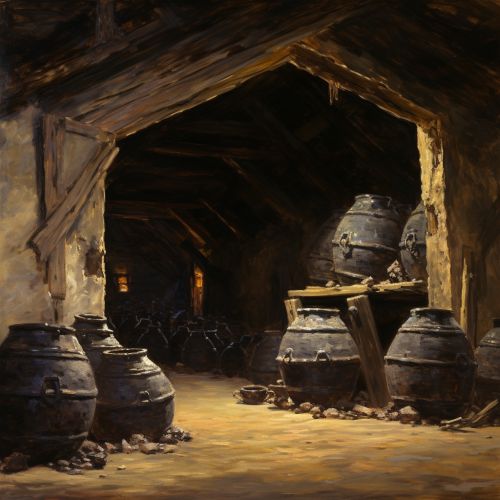Alcohol Consumption
Introduction
Alcohol consumption refers to the intake of ethanol, a psychoactive substance, in beverages such as beer, wine, and spirits. It is a practice that has been part of human culture for thousands of years and is common in most societies around the world today. However, the consumption of alcohol carries with it a range of health, social, and economic implications.
History of Alcohol Consumption
The history of alcohol consumption dates back to prehistoric times. Archaeological evidence suggests that the earliest production of alcohol, specifically fermented beverages, occurred in what is now China, around 7000–6600 BC. The production and consumption of alcohol has played a significant role in various cultures throughout history, often being used for ceremonial, religious, or social purposes.


Types of Alcoholic Beverages
Alcoholic beverages can be categorized into three main types: beers, wines, and spirits.
Beers
Beer is one of the oldest and most widely consumed alcoholic beverages in the world. It is produced through the fermentation of sugars, usually derived from malted cereal grains, most commonly barley.
Wines
Wine is an alcoholic beverage made from fermented grapes or other fruits. The natural chemical balance of grapes allows them to ferment without the addition of sugars, acids, enzymes, or other nutrients.
Spirits
Spirits are a type of alcoholic beverage that is distilled after fermentation, resulting in a beverage with a higher alcohol content. Spirits include beverages such as vodka, rum, gin, whiskey, and tequila.
Physiological Effects of Alcohol
The physiological effects of alcohol can vary widely, depending on factors such as the amount consumed, the drinker's size, weight, age, sex, tolerance, and general health status. Alcohol acts as a central nervous system depressant, and its effects can range from mild mood changes to complete loss of coordination, vision, balance, and speech.
Health Implications
Alcohol consumption, particularly heavy drinking, can lead to numerous health problems, including alcohol dependence, liver disease, cardiovascular disease, and various types of cancer. It can also have harmful effects on mental health, contributing to disorders such as depression and anxiety.
Social and Economic Implications
The social and economic implications of alcohol consumption can be significant. These can include work-related problems, family issues, violence, crime, and societal economic costs.
Alcohol Consumption and Society
Alcohol consumption is a complex cultural phenomenon that encompasses many aspects of society, including religion, law, and social norms. It is often associated with socialization and is a common feature of social gatherings and celebrations.
Regulation of Alcohol Consumption
Regulation of alcohol consumption varies widely from country to country and can include laws related to drinking age, sales, and advertising. In some countries, alcohol is prohibited for religious or cultural reasons.
